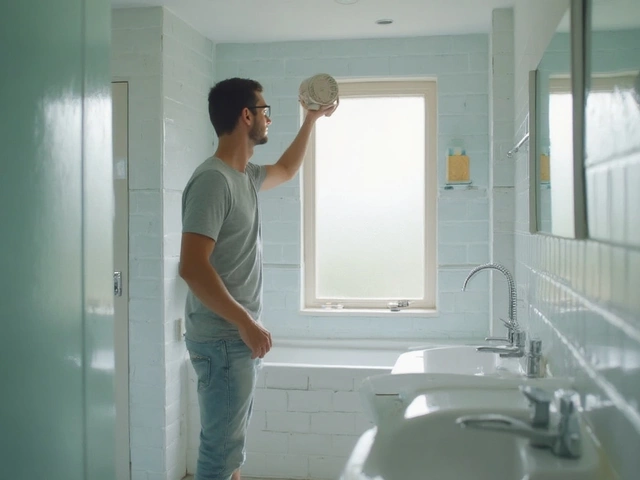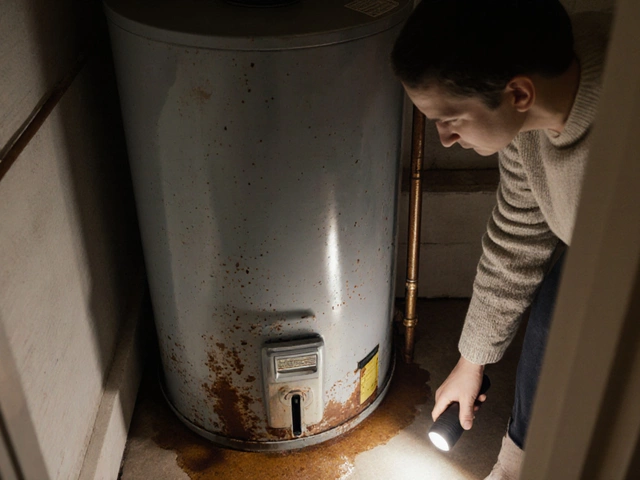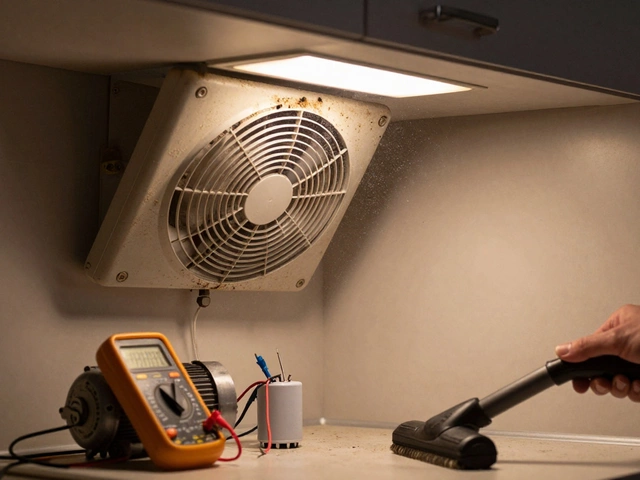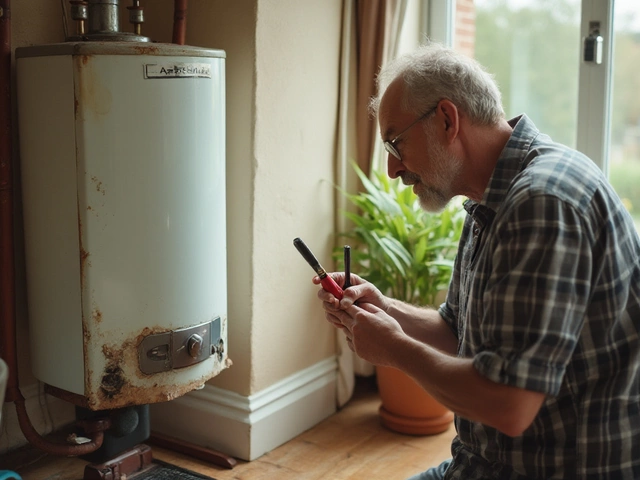Thinking about a new boiler? You’re not alone. Many homeowners wonder if their aging system is still worth fixing or if it’s time for a fresh install. The good news is you don’t need a PhD to make the right call – just a few clear facts and a simple checklist.
First off, age matters. Most boilers last between 10 and 15 years. If yours is older than that, efficiency drops, repair bills rise, and the risk of a sudden breakdown spikes. A quick test is to look at your energy bills. If they’re creeping up without a change in usage, your boiler is likely working harder than it should.
Here are the top signs that a replacement makes more sense than another repair:
If you tick any of these boxes, start budgeting for a new unit.
Prices vary, but most homeowners spend between £1,500 and £3,500 for a full install, parts and labour included. A few factors shape that range:
Don’t forget the annual service cost – about £80 to £120 – which keeps the warranty valid and the system running smoothly.
To stretch your budget, ask for a free quote from at least three local, Gas Safe‑registered engineers. Comparison shopping often reveals hidden fees and discount opportunities.
When you finally pick a boiler, consider these quick tips:
Installing a new boiler is a big decision, but with the right info you can avoid costly mistakes. Check the age, watch for warning signs, get a few quotes and pick a high‑efficiency model that fits your home. It’s a simple process that pays off in lower bills and reliable warmth for years to come.

Curious about how much a new boiler might set you back? This article breaks down the costs involved, from purchasing the unit to installation fees. Understand the factors that influence pricing and learn practical tips to get the most value from your investment. Discover essential maintenance advice and the importance of proper sizing and efficiency ratings. Equip yourself with knowledge before making a decision about your home's heating system.

Nobody wants to deal with a stuffy bathroom or smoky kitchen, but if your extractor fan isn’t working, that’s exactly what you’ll get. This article shows you how to check if your extractor fan is doing its job or just taking up space. From simple power checks to quick airflow tests, you’ll learn hands-on methods anyone can use—no tech wizardry needed. Expect practical tips, a couple of helpful tricks, and signs that tell you when it’s time to call an expert. Don’t let stale air hang around: let’s figure out what your fan is up to.

Find out if fixing a 20‑year‑old water heater makes sense. Compare repair costs, energy loss, and replacement price to decide the best move for your home.

If your extractor fan suddenly stopped working, check the power, capacitor, and airflow first. Most issues are fixable without replacing the unit. Learn how to diagnose and repair common fan failures safely and affordably.

Water heaters are essential in our daily lives, yet they often fail more quickly than expected. Understanding the common causes of these failures can help in preventing them. In this article, we delve into why water heaters often break down prematurely and offer practical tips on extending their lifespan. Regular maintenance and awareness of common issues are key to ensuring your water heater runs efficiently for years.

Thinking about swapping out your electric oven? This article covers how tough the job really is, where people usually get stuck, and what you actually need to know. We break down what tools you really need, what pitfalls you can avoid, and when you should probably call someone who’s done it before. Get ready for straight talk—no tech jargon, just real advice for regular folks. Whether you DIY or call a pro, you’ll walk away ready to make a smart decision.